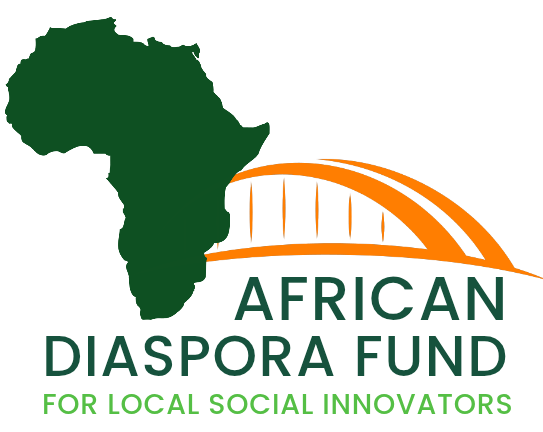Rehabilitation of inmates ( Repairer of the breach)
Prisons are not only centers of confinement but also potential environments for transformation. However, without structured rehabilitation, incarceration often results in recidivism, broken families, and unproductive reintegration into society. Many inmates come from backgrounds of poverty, limited education, unemployment, and trauma, which contribute to their involvement in crime. Simply serving a sentence does not address these underlying issues. Rehabilitation programs are therefore essential to equip inmates with the skills, knowledge, and mindset necessary to rebuild their lives after release. Education, vocational training, counseling, and life-skills development reduce idleness, improve self-esteem, and open pathways to lawful employment. Studies consistently show that effective rehabilitation reduces re-offending rates, lessens prison overcrowding, and lowers the economic burden of maintaining correctional facilities.
Need Creation Rationale
Funding is essential to ensure the success and sustainability of inmate rehabilitation programs. Many incarcerated individuals come from disadvantaged backgrounds characterized by poverty, unemployment, limited education, and trauma. Without intervention, they are highly vulnerable to re-offending after release, perpetuating cycles of crime, broken families, and overburdened prison systems. Rehabilitation programs—covering education, vocational training, counseling, and life skills—require resources for qualified trainers, learning materials, equipment, and follow-up support after release. With adequate funding, inmates can acquire employable skills, access mental health and substance abuse counseling, and develop the discipline necessary to reintegrate productively into society. Globally, evidence shows that well-funded rehabilitation initiatives reduce recidivism rates by up to 40%, lowering the costs of repeated incarceration and enhancing community safety. Moreover, rehabilitation contributes to restorative justice by encouraging responsibility and reconciliation, creating safer and more cohesive communities. Beyond crime prevention, funding ensures that prisons become places of transformation rather than punishment alone. It empowers inmates to become productive citizens capable of supporting their families, contributing to the economy, and breaking intergenerational cycles of poverty and crime. In summary, funding is not simply about supporting prison programs—it is an investment in public safety, social stability, and national development. By prioritizing inmate rehabilitation, society reduces re-offending, eases the financial burden of corrections, and transforms lives for the better.
